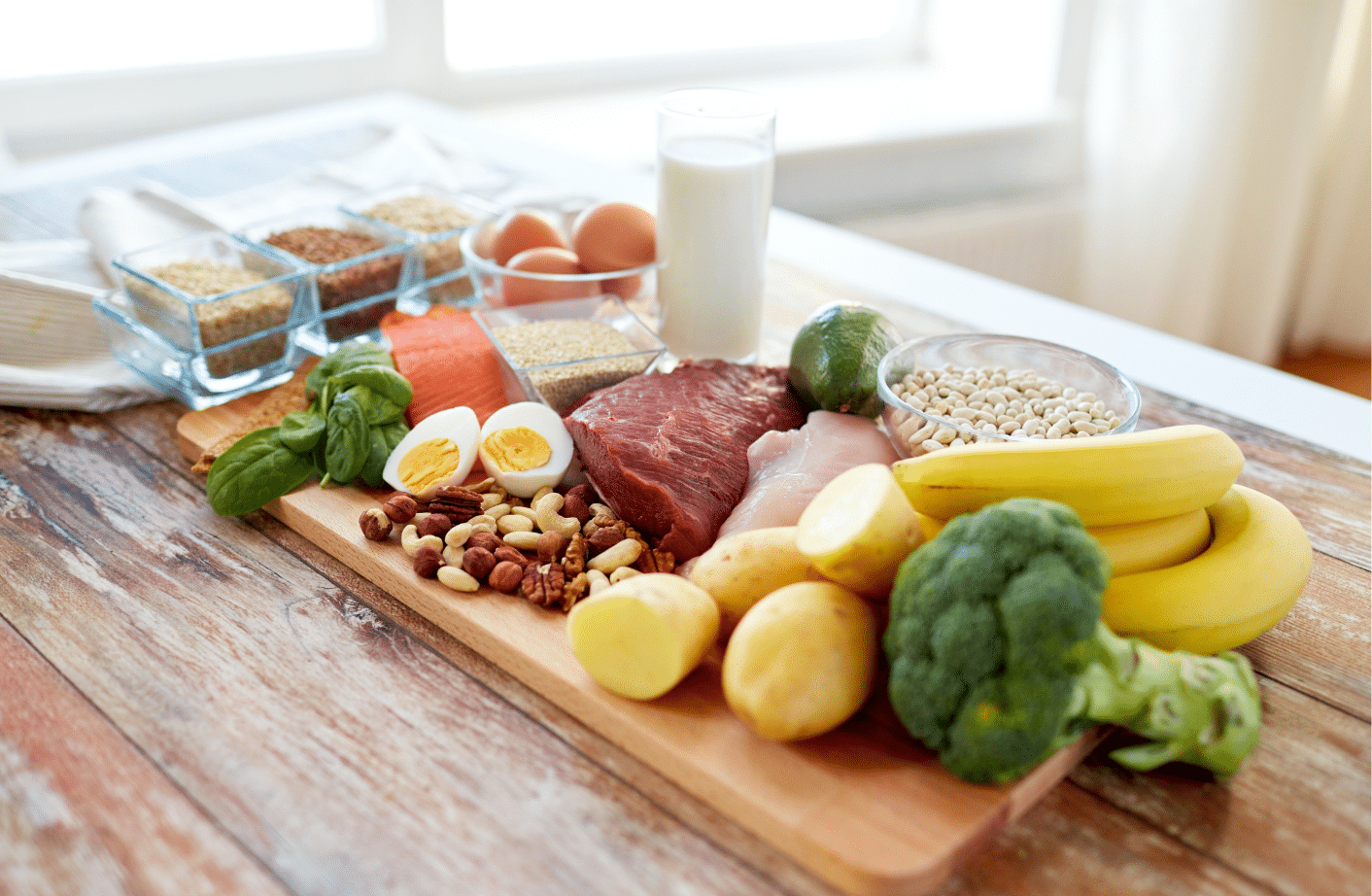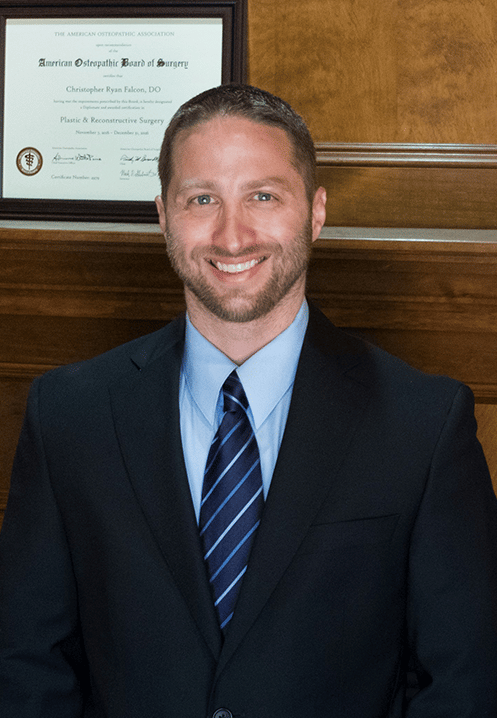
The Role of Nutrition in Post-Surgery Healing
Posted on September 29, 2023
What you eat is a crucial way to ensure the health of your body before, during, and after a surgical procedure. By making healthy nutritional choices, you are setting your body up for a successful healing journey.
Nutritional Choices Can Affect Surgical Outcomes
Proper nutrition plays a significant role in healing following surgery. An essential reason for eating healthy foods is stress prevention. When a post-surgical patient feels stress, it’s difficult to fight off toxins and control inflammation. Poor nutrition can delay the healing process and lead to complications.
Eating a Healthy Diet is Essential
Eating nutrient-rich foods and staying hydrated are vital for a fast recovery. Regular exercise can improve cardiovascular health and build muscle. Exercising before your surgery can set you up for a stronger recovery. Targeted supplements can also aid in speeding up the healing process. Your diet and nutrition goals should focus on long-term health, not just post-surgery recovery. An anti-inflammatory, plant-based diet helps the body prepare for surgery and aids in healing following the procedure. Protein-rich foods are vital for fighting infections, helping to repair tissue and muscles, reducing the risk of complications from surgery, and improving overall health.
Supplements Aid in Achieving Optimum Health
Before surgery, it’s important to discuss any vitamins and supplements you take with your surgeon. Although fish oil supplements, turmeric, and vitamin E can improve health, they may cause problems in surgery like excessive bleeding. One study indicates vitamins A and D can help prevent infection, reduce inflammation, and aid in the healing process. Whole foods give your body access to necessary nutrients, and certain vitamins and minerals aid in healing after surgery. You should discuss a nutrition plan with your surgeon before your procedure. Some surgeons prescribe zinc and vitamin C before surgery to aid in wound healing.
Prebiotics and Probiotics Improve Immunity
Prebiotics are a non-digestible fiber in supplement form or in foods like bananas, garlic, and onions. Prebiotics improve digestive health and beneficial gut bacteria. Probiotics are live microorganisms that are helpful to the digestive system. Probiotics can be taken as supplements and can be found in foods like yogurt, kefir, kimchi, and sauerkraut.
Your Diet Right After Surgery Matters
It’s a good idea to stock up on whole foods before surgery. Your surgeon may recommend bland foods for a few days that are easy on your stomach and digestive system. Foods low in sodium can reduce inflammation and keep blood sugar under control. Whole foods instead of processed foods can improve health long-term. Foods high in protein, including oatmeal, eggs, chicken, turkey, black beans, and lentils, help repair damaged tissue, build muscle, and fight infection.
Schedule a Consultation
Dr. Christopher Falcon DO is Board Certified in Plastic & Reconstructive surgery as well as Hand Surgery. Dr. Falcon is committed to providing patients with a less-is-more approach to plastic surgery. Dr. Falcon performs surgical procedures that can address genetic features or the most common signs of aging. He’s a member of the American College of Osteopathic Surgeons. To schedule a consultation at our Natrona Heights of Monroeville office, call 724.226.3900 or fill out our online contact form.

Who are we?
Falcon Plastic Surgery, located in Monroeville and Natrona Heights, PA, provides facial, breast, and body contouring through plastic surgery and med spa treatments. Dr. Christopher Falcon, owner of Falcon Plastic Surgery, purchased the practice from his father in 2017. Dr. Falcon has been a practicing surgeon for 15 years.
Learn MoreA Family-Owned Practice Built on Trust And Integrity
For more information on our natural approach to plastic surgery, please fill out the contact form or call our office.

